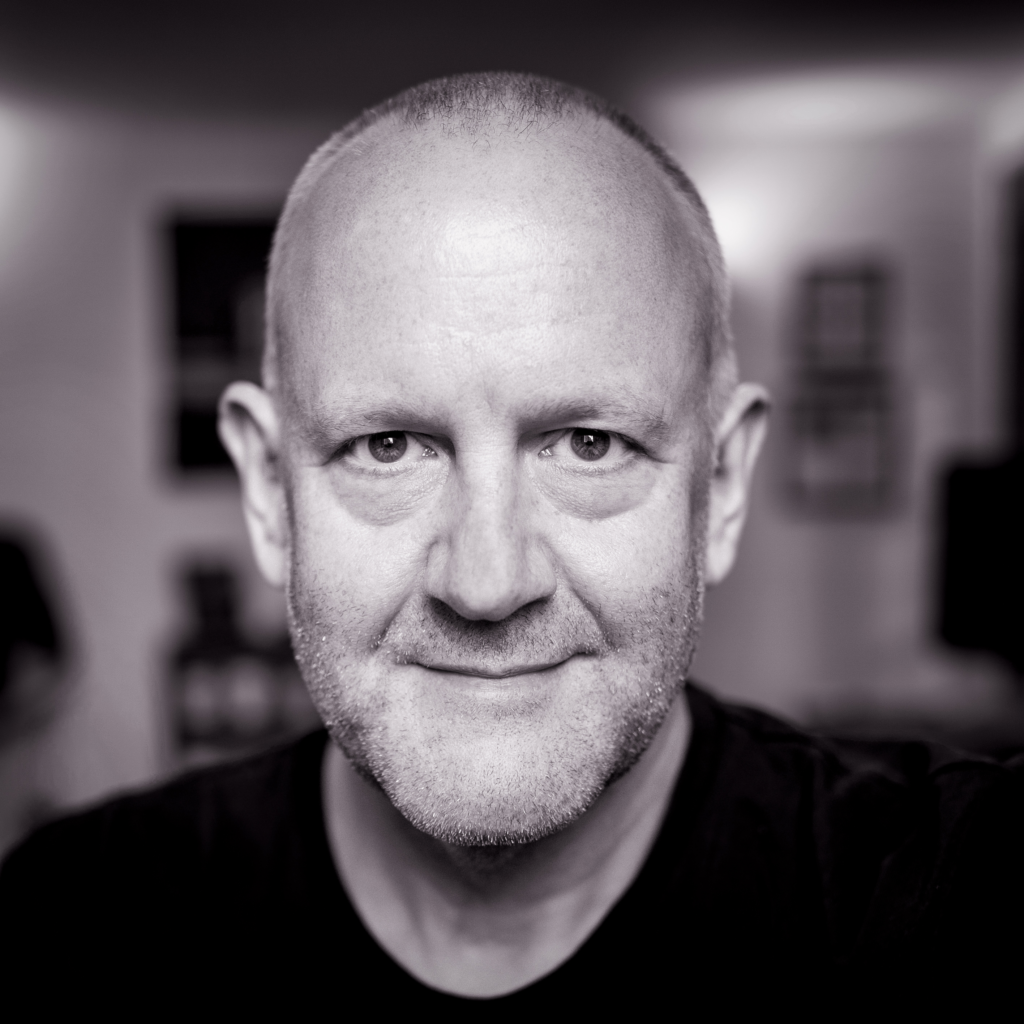“To be aware of limitations is already to be beyond them.”
Georg Wilhelm Friedrich Hegel, In: Davis (1989, p. 18)
A Thought Exercise for Magicians
At one of your performances, sitting close to the front of the audience, a middle-aged man watches your every move intently while periodically scribbling in a notebook. After the show, he approaches you, and introduces himself as Tom. He tells you how much he enjoyed your show. Then, after some obligatory small talk, he informs you he’s a police officer and that he needs your help.
Tom leads a unit that is working on a particularly challenging problem – infiltrating and disrupting a major people trafficking and modern slavery operation. The unit’s challenge involves detecting and understanding the covert logistics network and strategies used by an international criminal organisation to hide and transport vulnerable individuals across borders and through checkpoints using a variety of different routes, vehicles, safe houses, and associated smuggling strategies. His unit wishes to infiltrate the network, placing an undercover officer inside the organisation so they can report back on what is happening. They also want to turn and recruit several members from inside the organisation, to provide additional information on its people, methods and operations.
Tom says he was blown away by your skills, and he would like to use you to assist his unit with designing their operation. In particular, he is keen to use your abilities to manipulate others psychologically into doing what you want, to read their thoughts, to predict their behaviour, and to make people vanish from the inside of boxes. However, he warns you that the work is incredibly risky. If the unit gets things wrong based on your advice, people might die. His undercover officers, his informers inside the organisation, the trafficking victims, and even members of the trafficking organisation itself could all be at risk.
Should you, could you, and would you accept Tom’s request to act as a deception consultant? What concerns might you have? What questions would you ask? And do you believe that you could genuinely help?
This example is fictitious, but such situations do occur in real life. Indeed, there is a long history of magicians working with organisations such as the military, police, and intelligence services to assist them with their deceptive activities. Magicians hold names like Jean Robert Houdin, Houdini, John Mullholland, Jasper Maskelyne, and others in high regard for their contributions outside of magic (despite such regard sometimes being misplaced). The deception expert Barton Whaley drew from magic throughout his military and intelligence careers, writing several books that have since become standard references in the magic community (e.g. Whaley, 1990; Whaley et al., 1991; Whaley, 2001). He also worked with several notable magicians, publicly acknowledging his collaborations with Martin Gardner and Jeff Busby; and he successfully used magic as the basis for developing counter-deception training for the US Navy (Whaley & Busby, 2002).
And yet, whenever such organisations approach me about employing magicians, I always urge caution.
In an article entitled Anybody But a Magician?, published in Volume 2 of The Shift, I explain why.
References
Davis, W. A. (1989). Inwardness and Existence: Subjectivity in/and Hegel, Heidegger, Marx, and Freud. Madison, Wisconsin: University of Wisconsin Press.
Whaley, B. (1990). Who’s Who in Magic. Barton Stewart Whaley: lybrary.com.
Whaley, B., Gardner, M., & Busby, J. (1991). The Man Who Was Erdnase. Oakland, Calif.: Jeff Busby Magic.
Whaley, B. (2001). The Encyclopedic Dictionary of Magic. Key West: Black Bart Magic.
Whaley, B., & Busby, J. (2002). Detecting Deception: Practice, Practitioners and Theory. In R. Godson & J. J. Wirtz (Eds.), Strategic Denial and Deception: The Twenty-First Century Challenge (pp. 181-221). New Brunswick, N.J.: Transaction Publishers.


